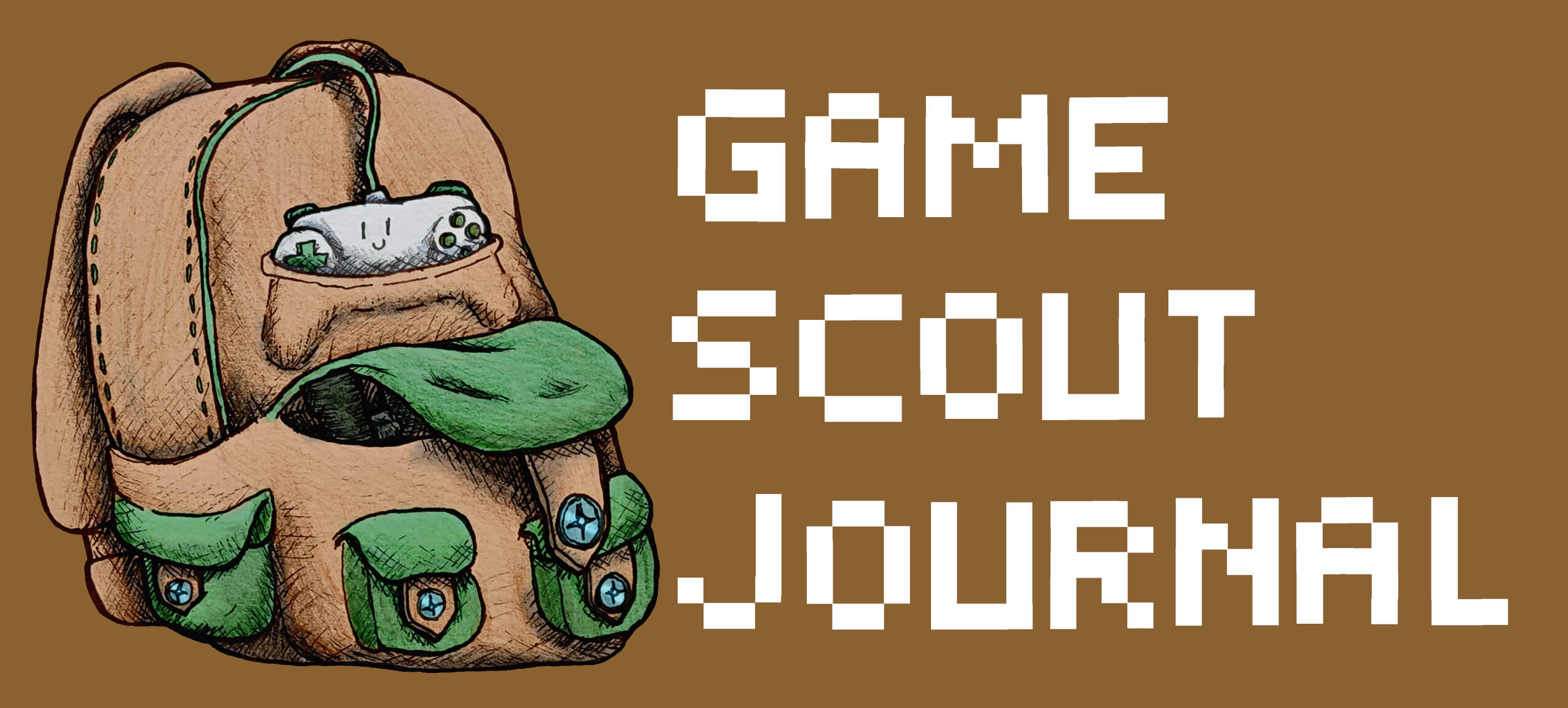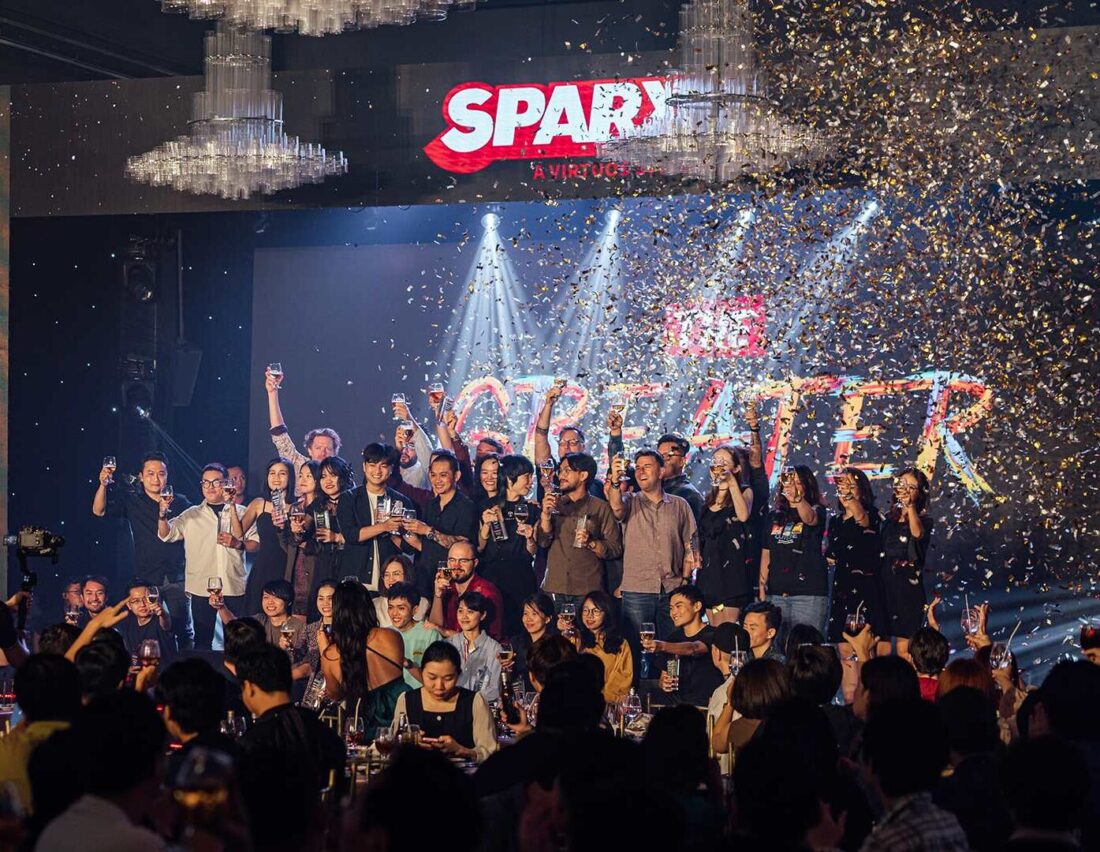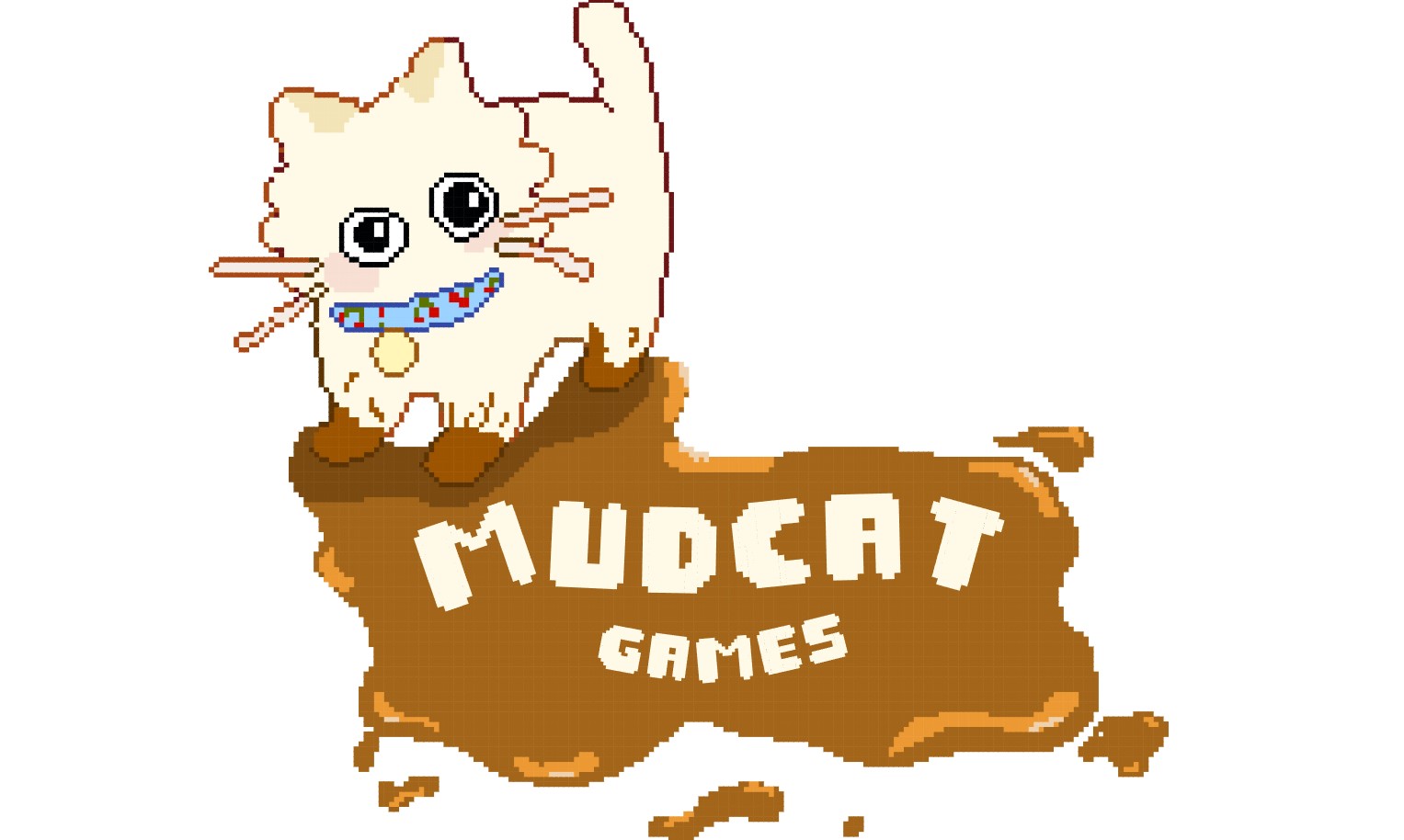Established by ex-Zynga employees over 10 years ago, Bit Egg Inc. is topping the Steam charts with its first game to venture beyond mobile.
Bit Egg Inc. is headquartered in what Mike Judge, Creative Director, described to me as “the city of hidden gems”. That is: Chiang Mai, Thailand. On their phone’s map-app, Mike and Richmond Lee (Bit Egg’s CEO) revealed a portfolio of hidden restaurant and activity recommendations. It is all the more poignant, then, that the team’s most ambitious project to date is a hidden object game. A game that challenges players to find items in various crowded scenes. A game that invokes the cosy, Sabai Sabai spirit of Chiang Mai and its people.
With no release date announced yet, the demo of Lost and Found Co. has already made it the most wish-listed upcoming title in Thailand. As CEO Richmond Lee proudly noted, “Thailand is the third biggest supporter of the game on Steam behind the usual giants of China and America”. Which is a great feat given the country’s size and consumer base: “Thai people love our game!”
Based in Chiang Mai
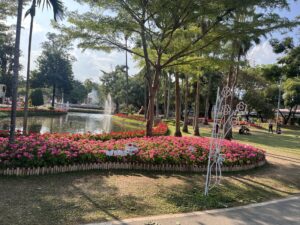
Having spent the previous week in Bangkok: my visit to Chiang Mai brought an immediate sense of calm. A breath of fresh air (well, fresh-ish, as it’s burning season) compared to Thailand’s capital. Visiting Bit Egg’s office, I observed firsthand how the local setting and culture influence games like Lost and Found Co. Richmond mentioned that the team wanted to answer the question, “What does a Thai game look like?”. They believe they have achieved that with their upcoming release. It is cosy, whimsical, not afraid to be a bit edgy.
Bit Egg Inc. now operates additional offices outside their headquarters in Chiang Mai: one in Bangkok and in Malmö. Bangkok is considered “essential” for game development in Thailand. We asked Richmond, “Why Chiang Mai?”. Given that he was originally based in the Bay Area, and that Thailand was outside of the more typical “Game Dev hubs”.
The answer being that almost a decade ago, Richmond and co-founder Stephen Liu decided that they “wanted to make their own games”. Richmond, who was born and spent the first five years of his life in Chiang Mai, and visited his family there every summer, said that when they started the studio, they asked themselves, “We are self-funded, we are indie—why the hell are we based in the most expensive place on Earth?” The answer was simple: back to Chiang Mai it was.
Since then, Richmond has convinced several ex-colleagues and friends to make the move—many, like Mike, didn’t need a sales pitch; they just had to see the city to have their minds made up. To be honest, from the week I spent there, I could see why.
Bit Egg Inc.’s Story to Date
While Richmond admits that the past decade has had some moments of “naivety”—such as prioritizing free-to-play because “that was the thing”—he and Bit Egg Inc. really hit their stride with several major milestones. The first turning point was winning an Indie Pitch Arena in Bangkok for their first game, Corgi Run, which, like most studios’ debut projects, was not as successful as they had hoped, but it got them started.
Later, they released Neko Samurai, which garnered over a million downloads on app stores. To pay the bills, Bit Egg Inc. also opened its studio to art and animation outsourcing and achieved major success, working with the likes of Jam City, Square Enix, and Devolver. While game design and programming were harder to source locally, Thailand boasted decades of exceptional talent in art, animation, and VFX from other industries.
Growing the team!
Bit Egg Inc. filled its ranks with artists who had worked on Hollywood productions or famous Japanese anime like Digimon! In doing so, they established themselves as a highly reputable studio in this field. Currently, about 70% of their work is outsourced. With a team of roughly 20 people dedicated to their own IP: Lost and Found Co. Richmond intends to shift to a 50/50 split; he does not want to move away from outsourcing. This is because it “provides stability” and connects Bit Egg Inc. to the global game development community. Effectively breaking “cabin fever.” By collaborating with others, Bit Egg Inc. can continuously observe how development is evolving elsewhere. Then, they can refine their own strategies and IPs accordingly.
In Lost and Found Co., the accumulation of the team’s art and animation expertise is evident. Even after “changing art direction three times” during development, they have discovered a style that is both recognisable and vibrant. Both Mike and Richmond believe that this style—and the game itself—could very well become the face or brand of the studio to date. Mike joked how strange it was that, even ten years later, echoes of the original Corgi Run style have returned.
Company Culture
Bit Egg Inc. now hosts over eighty employees across all its offices and has been very successful in both attracting and retaining talent. Compared to a “hellish” landscape in the West, characterized by mass layoffs, corporate missteps, and a hypercompetitive job market, I asked Richmond, “What is it like to work at Bit Egg Inc.?”
The answer was defined by Richmond from the studio’s inception. From day one Richmond wanted Bit Egg’s “guiding light” to be a “good Thai studio”, which meant two-things:
Firstly, for game development, he wanted to buck the trend of crunch and pressure—back at Zynga, Richmond held the record for the most consecutive nights spent in the office working, but those days were behind him, he now wanted to run a studio that gave people a healthy work/life balance.
Secondly: Richmond wanted Bit Egg Inc. to be a different kind of “Office job” in Thailand. “Office jobs in Thailand can sometimes be toxic, and super hierarchal. Not all, of course, but some”. He had heard from friends and colleagues that “Since they are valued higher than other jobs, people treat you like you should be thankful to have them – which sometimes creates a culture of hazing and even verbal abuse.”
The culture at Bit Egg is markedly different. Having toured the office I could sense a pervasive calm that stretches across Chiang Mai. Mike joked that some people find the environment “too relaxed,” which takes some getting used to. As Bit Egg works closely with the local university, it’s common for new graduates to feel the urge to crunch. However, Richmond actively advises his staff against burnout. The studio’s retention speaks for itself:
“Of all the people who leave our studio for new challenges, or change, over half of them have come back.”
Closing thoughts
Now, Bit Egg Inc. can feel validated by the excitement around Lost and Found Co. After years of development, the studio has not only achieved a top wish-listed position on Steam in Thailand but also received extremely positive feedback when showcasing the game at events like Nordic Games in 2023. This recognition is well deserved for a studio so passionate about their Thai roots—and one that hosted Northern Thailand’s first-ever game jam (and continues to do so consistently). Bit Egg Inc. is not just a participant in what Richmond coined as Thailand’s current “Golden Age of Development”; they are an essential pillar of it.
You can learn more about Bit Egg Inc. and their projects here: https://bitegginc.com/
Try the demo for Lost and Found Co. and wish list it here: https://store.steampowered.com/app/2101390/Lost_and_Found_Co/
P.S: If you, the reader, are ever in Thailand—Rich and Mike have the best food recommendations (and hundreds of them)! My favourite was the crispy pork at Neng Earthen Jar; cooked in clay pots!
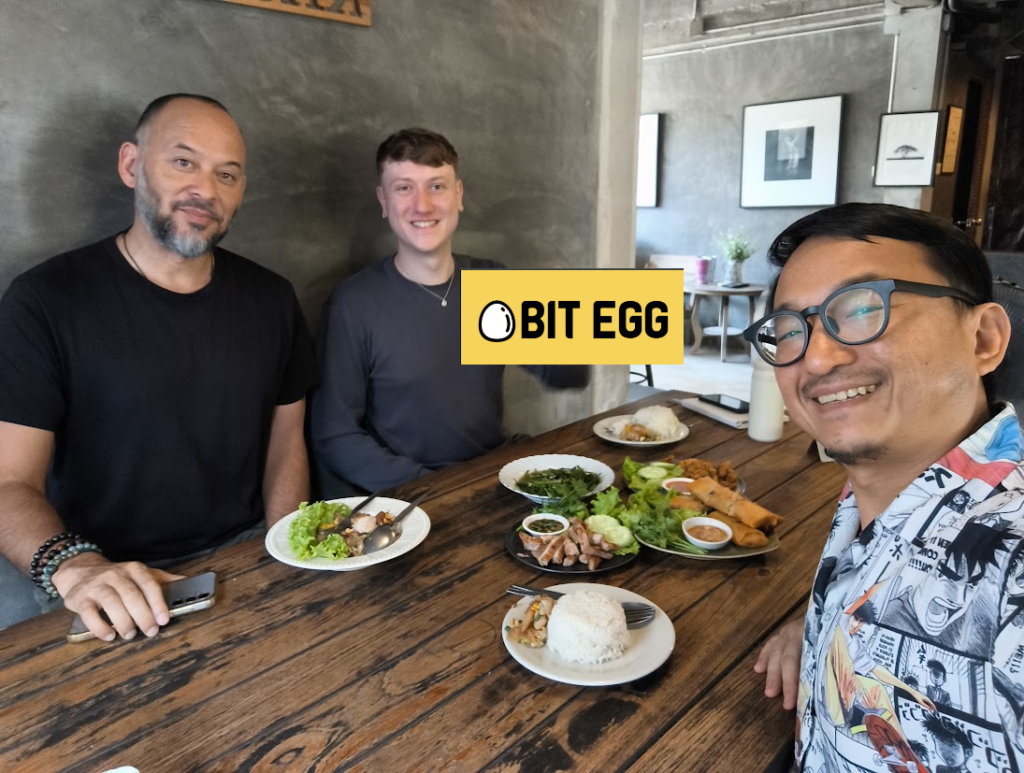
Learn more about other Studios in Southeast Asia:
